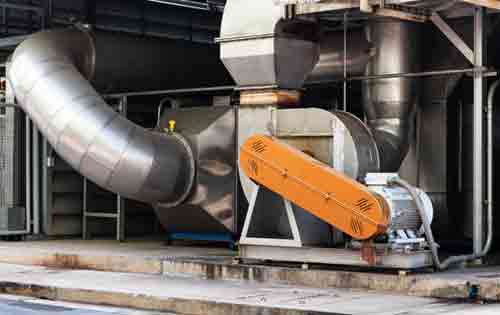Biocides are a type of disinfectant used to kill or inhibit the growth of pathogenic microorganisms, including bacteria. In this article, we’ll explain how biocides work to combat bacteria and why they are an effective tool in preventing disease-causing bacteria from thriving in our homes, workplaces and other areas that may contain harmful germs.
What are Biocides?

Biocides are chemical compounds used for disinfecting surfaces and killing or inhibiting the growth of various organisms, like bacteria and fungi. Common examples of biocidal products include antiseptics, disinfectants and sanitizers. All biocide products contain active ingredients that can effectively kill pathogens, such as bacteria and viruses.
How do Biocides Work to Kill Bacteria?
Biocides work by attacking bacterial cells at multiple points in their life cycle. The active ingredients contained in biocide solutions act directly on the cell walls of bacteria and break them down. This makes it difficult for the bacteria to repair itself and ultimately causes them to die within minutes of contact with the biocide solution. Some biocide products also contain other active ingredients that further help to inhibit bacterial growth or prevent spores from forming.
In addition to killing existing bacteria on contact, many biocide solutions can also prevent new bacterial colonies from forming by creating an environment that is hostile for microbial growth. By using a combination of these antibacterial properties, biocide solutions can be highly effective at preventing the spread of infectious diseases caused by dangerous pathogens like E. coli or Salmonella.
What types of surfaces can be treated with a biocide?
Biocide solutions can be used on both hard and soft surfaces such as walls, floors, countertops, furniture and fabrics as long as they are not damaged or stained by the product being used. It is important to read manufacturer instructions carefully before using any product containing a biocide solution on any type of surface as improper use could damage it or cause irritation when coming into contact with skin or mucous membranes.
Are there any environmental risks associated with using biocolide solutions?
Although some biocide solutions may cause harm if released into natural ecosystems such night soil run-off into rivers or lakes due to high levels of toxicity towards aquatic life forms care should always be taken when disposing of any potentially hazardous substance including those containing active ingredients classified as ‘biocides’ so as not to cause harm to wildlife or contaminate public water sources with concentrations of toxic chemicals above acceptable safe limits for human consumption (as determined by local authorities).
What types of environment(s) can benefit from using a biocolide solution?
A wide range environments such as healthcare facilities (hospitals/clinics), food processing plants, public transport systems (airplanes/trains), military barracks etc., all stand benefit from regularly applying an appropriate biicide solution in order minimise incidences infection spreading amongst staff/patients/passengers etc.
Conclusion
Biocides are powerful chemical agents designed specifically to kill certain types of microorganisms like bacteria and fungi quickly and effectively without causing harm humans who might come into contact with them in their daily lives; however they must be handled responsibly when used given potential environmental risks associated their disposal if not done correctly. Overall they remain an important tool helping protect us against contamination by dangerous pathogens causing infectious diseases allowing us maintain good hygiene standards inside our homes workplaces other areas where large numbers people gather together.


